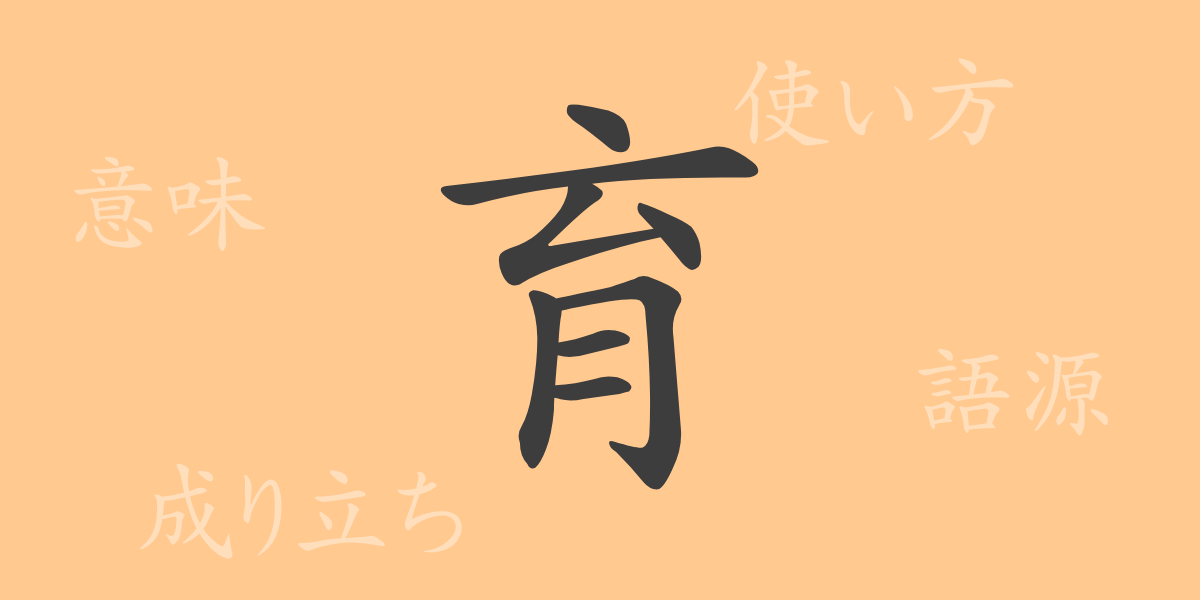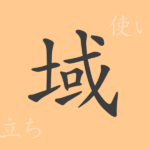“
The beauty of Japanese lies in its complex and rich character system. One such character, ‘育’ (Iku), deeply embedded in our daily lives, symbolizes growth and development. This article delves into the origins, meanings, uses, and even phrases and proverbs related to ‘育’, offering a comprehensive exploration of its significance.
Origins of 育 (Iku)
The Kanji ‘育’ traces back to ancient China, initially representing a woman holding a child, symbolizing ‘mother nurturing a child’. Over time, this character evolved to encompass general meanings of nurturing and growth, extending beyond just childrearing to include fostering things or concepts.
Meaning and Usage of 育
‘育’ conveys meanings of ‘to grow’, ‘to nurture’, and ‘to develop’. It refers to physical and mental growth in humans, as well as cultivating skills through education or training, and even growing plants. Common usages include ‘child-rearing’, ‘receiving education’, and ‘cultivating plants’.
Pronunciation, Stroke Count, and Radical of 育
Details on the Kanji ‘育’ include:
- Pronunciation: On’yomi (Chinese origin reading) is ‘Iku, kun’yomi (Japanese reading) includes ‘Soda-tu’, ‘Haguku-mu’.
- Stroke Count: Total of 8 strokes.
- Radical: The radical is ‘肉’ (Nikuduki), though it is sometimes represented as ‘月’ (Tuki).
Phrases, Idioms, and Proverbs Involving 育
Phrases and idioms that include ‘育’ are:
- 教育 (Kyouiku) – Education, teaching knowledge and skills to children or students.
- 育成 (Ikusei) – Development or growth, particularly of abilities or skills.
- 自己育成 (Jikoikusei) – Self-development, enhancing one’s own abilities or personality.
- 養育 (Youiku) – Nurturing or raising children healthily.
- 慣用句 ‘手塩にかけて育てる’ – To raise or nurture with great care and effort.
- Proverb ‘桃栗三年柿八年’ – Indicates that nurturing things takes time.
Conclusion on 育
The Kanji ‘育’ epitomizes the universal themes of life and growth. Playing a central role in education, culture, and even home life in Japan, it profoundly influences our daily experiences. Deepening our understanding of ‘育’ through language enriches our own personal development as well.
“

























